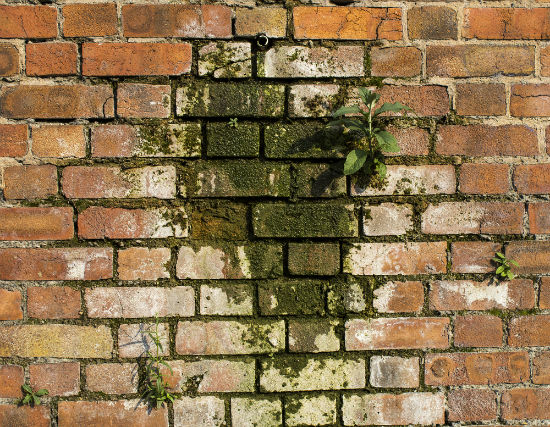We Can Fix Your Chimney Leaks
Water is a chimney’s worst enemy. Unfortunately, not only is your chimney protruding from your house and exposed to the elements at all times, but both brick and mortar are porous. And then there’s the inside of your chimney (the flue liner), which may be made of metal and prone to rust. Because of these issues, we are often called to repair leaking chimneys and any resulting water-related damages.
Fortunately for those in the Wilmington area, our techs are equipped to handle just about anything. Count on us to address any damages caused by a leaking chimney, then provide preventive measures to keep these issues at bay for good.
Call us at 410-424-5532 or schedule with us online now.
How To Prevent Chimney Water Damage
Ace Chimney Sweeps, Inc. offer the following services to help ensure our customers can avoid water-related damages for good:
- Chimney Waterproofing: One of the best preventive measures a homeowner can take is to have his chimney professionally waterproofed before he suspects a chimney leak.
- Flashing Installation & Repair: We can install and repair faulty flashing, ensuring these metal pieces are tightly sealed and not letting anything in.
- Chimney Cap & Rainhood Installation: A chimney cap will block on water and moisture right at the source – the top of your chimney.
It is usually pretty easy and affordable to stop water problems and to prevent leaks from happening again—but it all depends how soon you address the problem.
How Does Water Hurt Chimneys?
The Chimney Safety Institute of America (CSIA) warns that most masonry materials will absorb large amounts of water, comparing common brick to a sponge for how well it soaks in moisture. During our almost 40 years in business, Ace Chimney Sweeps, Inc. has seen leaking chimneys cause some very bad water damage, such as:
- Chimney crown damage
- Damaged or rusted flashing
- Cracks and decay throughout the brick and mortar
- Damaged or rusted chimney cap
- Decay and damage to the flue liner
- Ceiling and wall stains
- Stains on the brickwork
- Rotted adjacent woodwork
- …and more
The good news is that there are lots of ways to keep water out of your chimney for good. We can help figure out what your chimney needs to stand strong and tall for the long haul.

Why You Should Call a Chimney Sweep – Not a Roofer
It can appear that your roof is leaking when it’s really your chimney, but that’s just because leaking chimneys often end up leaking onto your ceiling. If you think your chimney may be leaking, don’t call a roofer. Lots of people do just that and end up only putting a temporary bandage on a much bigger problem.
Unlike other areas of your home, which can generally be fixed with the help of a general contractor, fireplaces and wood stove chimneys need a special kind of care. A certified chimney sweep will know just what to do to keep water out of your chimney – and out of your ceilings, walls, and floors.
After Ace Chimney conducts an inspection of your chimney, we’ll be able to pinpoint the place(s) where water is entering and advise you on the best plan of action for waterproofing your leaking chimney. If you want your leaking chimney to be fixed right the first time, call on us from the very start.
10 Signs Your Chimney May Be Leaking
A leaking chimney isn’t always obvious. Water is notorious for causing hidden damage that, over time, makes chimneys crumble and even fall down. A chimney professional will inspect your chimney to determine whether or not your chimney is leaking, but you can be pretty sure you have a leak on your hands if you’ve noticed any of the following:
- Water is dripping into your fireplace.
- There is water staining the walls or ceiling near your chimney.
- There is rainwater in your furnace thimble.
- The metal or masonry firebox assemblies are deteriorated, or there are rusted fireplace accessories.
- You hear a dripping noise in your firebox.
- There is a musty smell coming from your chimney.
- Adjacent woodwork is rotting, or wall coverings are ruined.
- The chimney exterior is stained, or there is decaying exterior mortar.
- The flue lining is cracked or deteriorated.
- The chimney appears to be leaning, collapsed, or settled-looking.
Schedule an Appointment Now
If you’ve noticed one or more of the things listed above, schedule a chimney inspection right away to get a professional opinion. By acting now, you may be preventing hundreds, even thousands, of dollars in water damage to your home. You can also schedule your appointment online. We look forward to helping you out soon.
Unless you’ve had a recent chimney inspection, you may not realize your chimney needs relining. Ask our expert chimney services team to tell you what you need to know.
